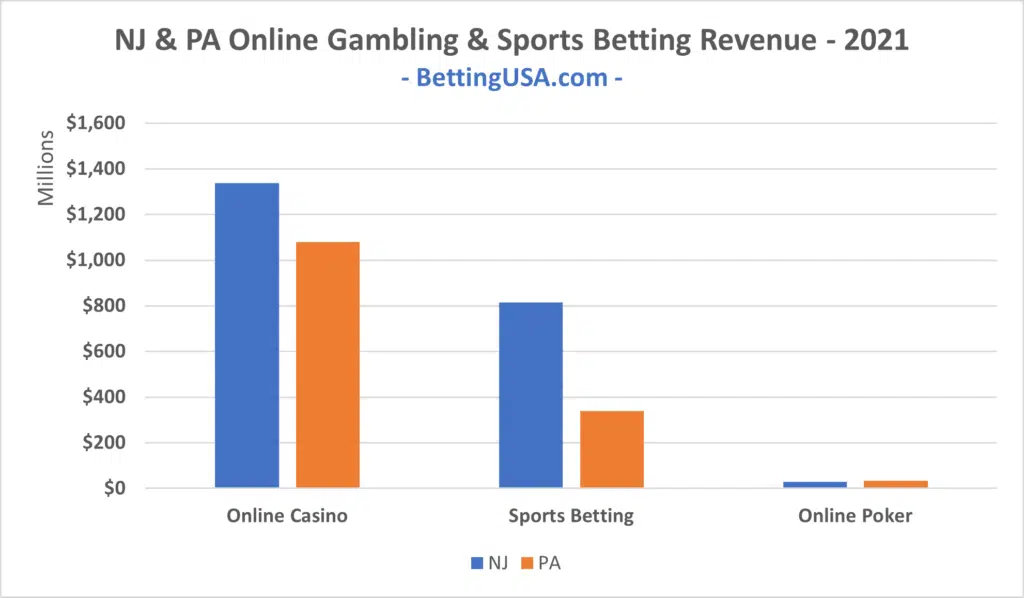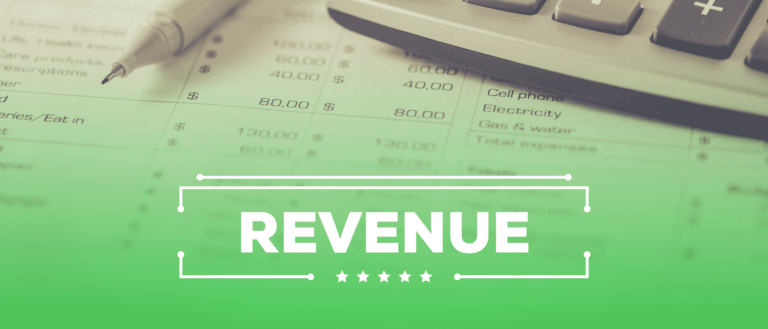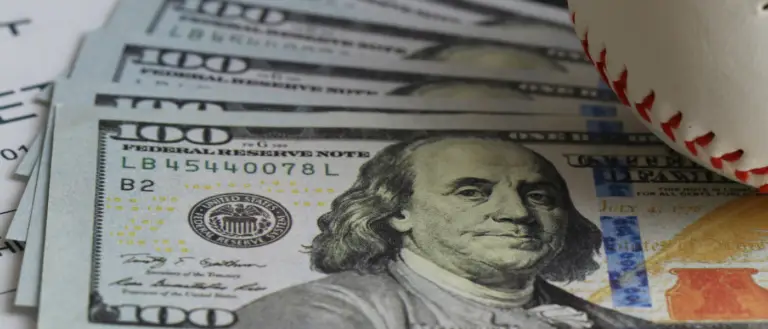What Happened To US Online Poker Legalization Efforts?

Nearly two-thirds of US states have legalized sports betting in the last few years. Many of those states legalized online sports betting. That may not seem like a big deal, but ask any longtime industry follower, and they’ll tell you how out of character it is for a state to legalize any form of online gambling.
As successful as sports betting has been, it wasn’t the first form of online gambling brought before statehouses. That distinction goes to online poker, the first product to spur an online gambling gold rush.
These efforts began in the aughts, with California and even states like Iowa looking at potential paths to online poker legalization. The topic has been broached in dozens of locales, from Kentucky to Mississippi to Massachusetts to Illinois to New York.
Yet only seven jurisdictions have legalized the activity, just five of those states have launched their online poker industries, and very few states are showing much interest in passing poker legislation.
It’s gotten so bad for hopes of more states with legal online poker sites that any hope of legalization relies on poker being a tag-along when a state shows interest in legalizing online casinos. On its own, online poker draws less attention than the third-string long snapper on a Division III college football team.
That raises the question, what went wrong? Or, more accurately, what changed?
There’s no Money in Online Poker…
In the movie Tombstone, Val Kilmer’s Wyatt Earp sidesteps a gunfight with Michael Biehn’s Johnny Ringo by saying, “I’m not gonna fight you Ringo. There’s no money in it.” That line perfectly sums up the legislative disinterest in online poker.
The numbers don’t lie. New Jersey’s recent gambling expansions (online casino and poker in 2013 and sports betting in 2018) brought in $2.2 billion in 2021. Online poker in New Jersey accounted for 1.4% of that total ($29.9 million).
New Jersey is far from an outlier. The same scenario played out in Pennsylvania online gambling. The Keystone State tallied $1.5 billion in 2021, with Pennsylvania online poker accounting for just $32.4 million, or 2.2%.
The gap is striking in visual form.

- Revenue numbers from the New Jersey Division of Gaming Enforcement.
- Revenue numbers from the Pennsylvania Gaming Control Board.
Interstate Agreements… You’re My Only Hope
I detailed that there’s no money in online poker in the previous header. But that statement comes with a caveat, as it should read, there’s no money in online poker… Without national or international player pools.
Just like there’s no money in sports betting without mobile wagering, poker is unique among casino games in that it’s played peer-to-peer and not against the house. As such, poker only thrives when there is a large pool of players. The good news is the US has a built-in advantage, as former 888 head of commercial development Yaniv Sherman told Betting USA in 2019:
“That’s why I say that the US is poker country. Countries that have between 30 or 40 million people in Europe have trouble maintaining that critical mass. In the US, I think it’s different. A smaller population can maintain critical mass.
“Poker is much more embedded in the culture, and you don’t need to explain the game or go through the education process. Everybody plays poker here. It’s part of their everyday life.”
But even being “poker country” requires a certain threshold of players. Without a large pool of players, there are fewer games and yawn-inducing tournament prizes, which means potential players sit it out, or worse, play at unlicensed offshore sites.
Historically, in large population markets, you can expect an average of 50-100 poker players sitting at online poker tables per million residents. In smaller population markets, that number drops dramatically – to single digits in a market drawing from a million residents like Delaware.
At the moment, US online poker is balkanized, drawing from three separate pools. There is Pool A, the 13 million residents in Pennsylvania, Pool B, the 10 million in Michigan, and Pool C, the 13 million in the combined Nevada-Delaware-New Jersey market. Combining all these markets and adding the 1.7 million residents in West Virginia and the 3.5 million residents in Connecticut (online poker is legal in both locales but has not launched) only provides a pool of around 40 million, which is the bare minimum for 24/7 games.
That said, take those 40 million and add a New York (20 million residents), Massachusetts (7 million residents), and Illinois 13 million residents), and now you’re getting somewhere. A poker market pulling from a combined population of 80 million will be attractive to serious and casual poker players alike and could reach the target of 50-100 players per million residents. And that in turn would draw the interest of more states, or even perhaps other countries.
Get the Operators on Board
While this wouldn’t turn online poker into an online casino or sports betting opportunity financially, it would make operating an online poker site in the US far more appealing. Not the current proposition where operators are setting money on fire.
A national market has the potential to be profitable, with the bonus of giving online gambling sites the possibility of cross-selling their casino and sports products to poker players.
Like daily fantasy sports or sports betting, poker should be an easy sell to legislatures once the paltry financial incentives are dealt with. It’s ingrained in the culture and thought of as distinctly separate from traditional casino games like craps, roulette, and slot machines.







